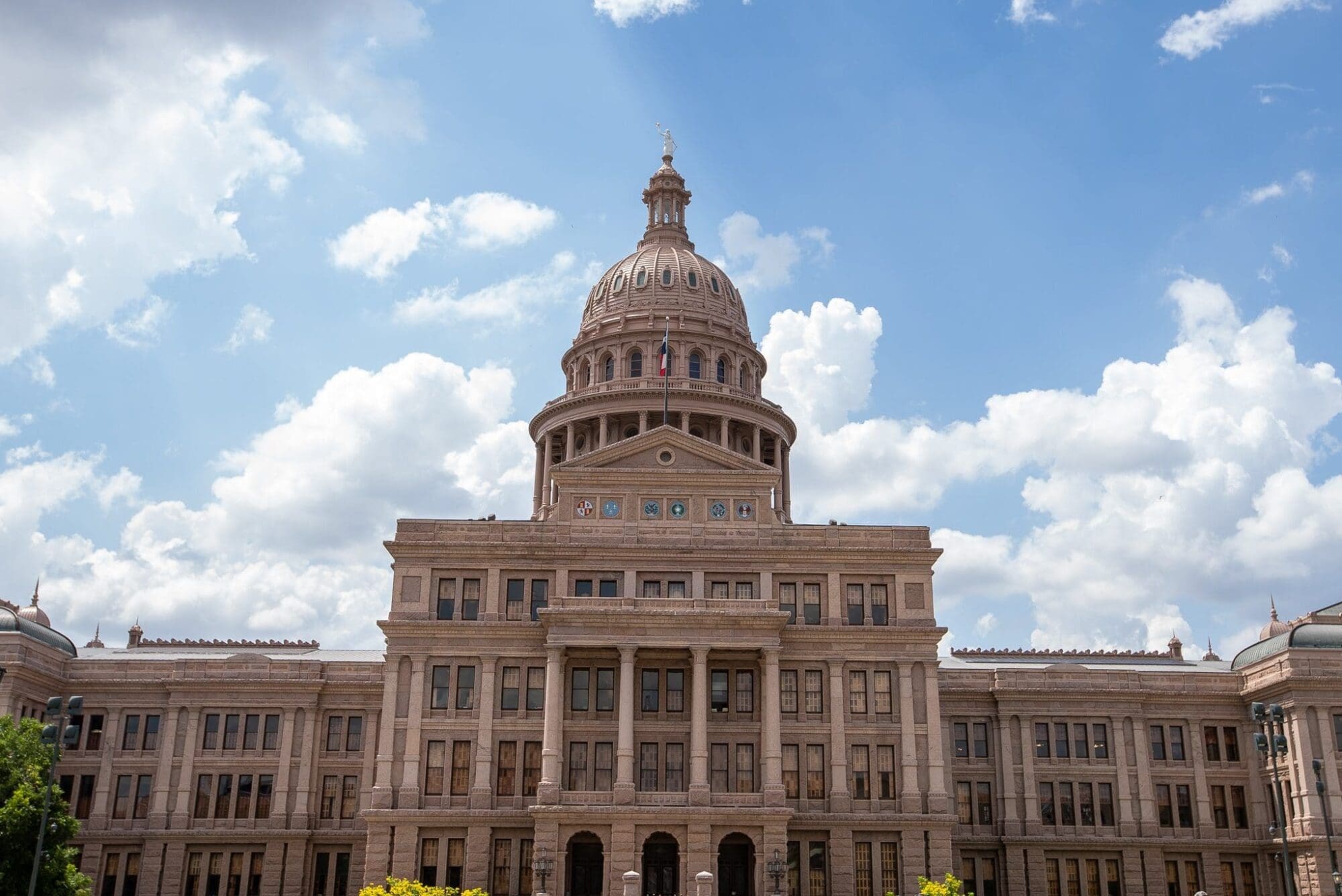In a unanimous vote, the Texas Senate approved a legislative package this week that claims to provide $16.5 billion in property tax relief for Texans.
Some, however, say the relief may not be as substantial as promised.
The slate of bills would increase the homestead exemption for school district property taxes from $40,000 to $70,000 ($100,000 for individuals who are disabled or over age 65), reduce the maximum compressed rate that school districts could impose for maintenance and operations, increase the business personal property tax exemption from $2,500 to $25,000, and authorize businesses to deduct 20 percent of their total property tax bill from their margin tax obligation.
The bills—State Sen. Paul Bettencourt’s (R–Houston) Senate Bill 3 and Senate Bill 4 and State Sen. Tan Parker’s (R–Flower Mound) Senate Bill 5—were approved along with Bettencourt’s Senate Joint Resolution 3, which would put these proposals before voters. The legislation now goes to the House, where Speaker Dade Phelan (R–Beaumont) has proposed a different plan for providing property tax relief.
With an unprecedented $32.7 billion budget surplus for the current two-year fiscal period, Gov. Greg Abbott has said he wants to pass the “largest property tax cut ever in the history of Texas,” which he’s characterized as at least half of this amount. Lt. Gov. Dan Patrick has been somewhat more measured in statements about his plan for property tax relief, while Phelan was initially noncommittal about the issue but now backs legislation that he says is the “largest property tax cut in Texas history.”
Like the Senate’s plan for property tax relief, Phelan’s plan also reduces the maximum compressed tax rate for school districts. Rather than increasing exemption amounts, however, it changes fundamental aspects of the limit on year-over-year growth of appraisals, or the appraisal cap.
First, it extends the appraisal cap for primary residences to business property. Second, it reduces the appraisal cap from 10 percent to 5 percent. These reforms are contained within State Rep. Morgan Meyer’s (R–Dallas) House Bill 2 and House Joint Resolution 1, which together amount to a purported $17 billion in property tax relief.
Despite receiving criticism that a lower appraisal cap would incentivize taxing entities to increase tax rates to continue collecting the same amount of revenue, the House Ways and Means Committee—which is chaired by Meyer—recently approved a version of House Bill 2.
Texans for Fiscal Responsibility argues that both fail to live up to claims of being the largest property tax cut in Texas history because each includes obligations for previous relief in their calculations.
They also say neither plan goes far enough in reducing property taxes through compression, which provides school districts with state funding to replace local revenue and, with a large enough investment, could put Texas on a path to eliminating school district property taxes, which account for about 43 percent of local property taxes.
During the discussion of the Senate bills, Bettencourt proclaimed they would offer “unprecedented and off-the-charts property tax relief.” Parker said they were crafted with the knowledge that “it’s the people’s money, it’s not our money.”
Patrick, meanwhile, said the legislation would “decrease the size of government and ensure that Texas moves forward conservatively and on stronger economic footing.”





